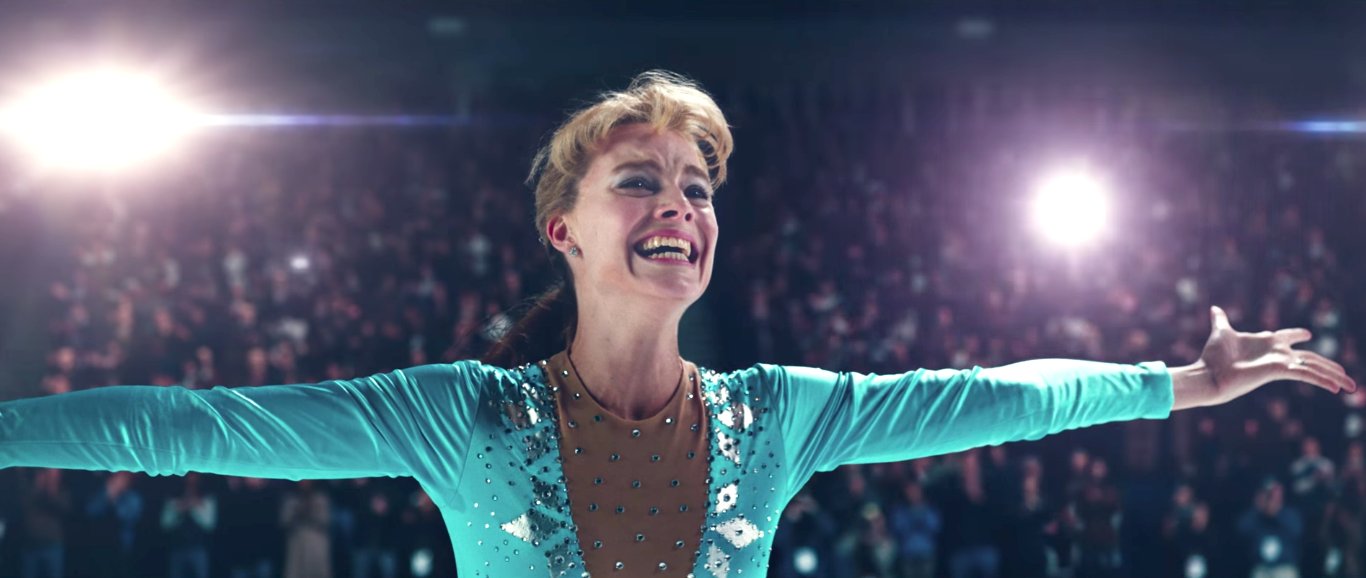6 Films That Can Help You Fall in Love with Sports
Sports movies are usually loved by those passionate about sports, know athletes’ biographies by heart, are elegant with terms, and can explain how the Magnus effect is related to the spinning ball. But, unfortunately, that’s what scares the rest of the audience.
To ensure you’re no longer intimidated, we’ve made a compilation of movies you can watch even if your main sporting achievement is a record-breaking fast run to the nearest “In-N-Out” for a burger.
Like any good story, these movies are primarily about people of flesh and blood, ambition and emotion, triumphs and failures. Perhaps, this approach will help you fall in love with the sport.
“This Sporting Life” (1963)
Coal miner Frank Machin decides to take up rugby because anything is better than pounding seams of coal underground. Although these professions are similar, they require tremendous physical effort and squeeze you out to dry. But the things in the new field of the main character are doing great.
Childhood dreams come true: fame, money, and lots of sex, except for one problem – an unfortunate crush. The indifferent landlady, where Frank rents a house, turns her nose up at the sports star.
Lindsay Anderson’s movie, a classic of English social realism, begins with a radical sports commercial: a bloody face and knocked-out front teeth. Then, it’s a dark movie about the world of professional rugby and the bad things happening to men when natural aggression is juxtaposed with the kind of aggression cultivated explicitly. It is brilliantly embodied by young Richard Harris, looking like a Greek god. Anderson ironically managed to survive a blue crush with the actor on the set, which only added to the tragic intensity of the production.
“Field of Dreams” (1989)
The Iowa farmer hears a cornfield talking to him: “If you build it, they will come.” Eliminating the schizophrenia version, he understands the meaning of those mysterious words. First, he has to tear down all the corn to make the baseball field, and then legendary outfielder “Shoeless Joe” Jackson will rise from the dead and appear to play again.
It might seem like something clumsy is supposed to come out of mysticism and sports, but the film adaptation of the novel by W. P. Kinsella has earned a reputation as a performance of quality and heart. Finally, the family audience appreciated it, the film got three Oscar nominations, and the line “If you build it, they will come” has become a pop-culture phraseology. Beyond the field, the film has the reliable face of Kevin Costner, performing the American Dream responsibilities of the time. It sounds boring, but it is not: this movie is an excellent example of magical realism, where in the middle of American cornfield, American melodrama, and excursions into American baseball history, some Borges suddenly sprouts. Where do dreams lead? To the baseball field, to another hypostasis of reality. To yourself.
“I.D.” (1995)
Four cops infiltrate a group of soccer fans to track down and lock up the main troublemakers. Word for a word, pint for a pint, fight for a fight, and now the guys are diving headlong into a new life.
The genre warmed up on “The Firm,” a 1988 Gary Oldman movie that made a simple point: violence is evil. The 1991 Italian film “Ultra” has already made a fine distinction between “left-wing” Tifosi fans and “right-wing” ultras.
“I.D.” – an iconic film made for fans of all nations, which goes further than the rest into Chuck Palahniuk territory: it’s about the very men who didn’t have the Great War or the Great Depression, only their own, personal ones, the existence of which they never suspected until they learned about ultra-violence. The bad news for society and the good news for ordinary people is that this cure works.
“Million Dollar Baby” (2004)
Frank writes letters to his daughter, but they return; he attends mass every day and holds a gym from which sometimes champions emerge. One day an aged girl named Maggie shows up. She doesn’t want to spend her life serving plates in the eatery but instead intends to practice boxing. She asks Frank to teach her. But she can’t hit a punching bag, can’t stand, and can’t breathe. How to teach her?
Finally, Frank decides to go for it, though his instincts tell him the story won’t end well.
The film’s point is to answer the question: did the story end well, or should she have, as the protagonist’s mother said, lived like everyone else?
Clint Eastwood does not ask questions; he does not have this habit, unlike the rest of modern artists. So, if the viewer wants to ask themselves something, for example, about euthanasia, they will. And if they don’t want to, they’ll think they’ve seen a movie about boxing.
This movie is precisely about boxing: how to hit the punching bag, how to stand, how to breathe and why some people do it.
Filmed as usual by Eastwood, without a single deliberate beauty, with an enduring sense that the twenty-first century may have arrived, but you don’t have to notice it. For eternity, it doesn’t matter what millennium we’re in. And Eastwood himself is typical: solid, oldish, and severe.
“The Wrestler” (2008)
Twenty years ago, the grass was greener, the music was better, and Randy “The Ram” Robinson was a wrestling star. Now fatigue has piled up in his soul, his family has left him with a daughter that won’t talk to him, and the closest semblance of a human relationship he has is with a club stripper. Then, after another performance, Randy has a heart attack, and the doctors forbid him to return to the box.
Aside from the hackneyed plot twists based on the retired professionals’ stories, the whole picture is built on two sad facts from Rourke’s real life: Mickey was young and handsome and became old and ugly. But he returned and made himself loved after horrific plastic surgery and a failed boxing career.
There are some people whose exploitation in the film gives more to world cinema than twenty pages of intelligent talk in a screenplay. Hell with them, the young directors beating a tear out of us with tales of old age. When there’s a natural face in the shot, mauled by the scuffle and time, the rest becomes real, too.
“The Damned United” (2009)
Leeds coach Don Revie leaves to work for the national team, and the club management poaches Brian Clough, who managed to lead the Derby club from the underdogs to the first division. Clough agrees, but for some unknown reason. In the past, he not only clashed with Revie but also constantly criticized his players. Unfortunately, he doesn’t give up this habit, so he pretty soon finds himself coaching a team that hates him.
For England, soccer movies are an intimate genre. They shoot it for insiders, who do not need an explanation about who these people are, what they want, why they look at each other that way, and when to shout “hurrah.” But there’s so much love for soccer in this tightly-knit, energetic and assertive film that it unwittingly infects the audience.
Brian Clough (an angry, nervous, and nasty Michael Sheen) embodies the other side of soccer bigotry. It’s not about fights and alcohol concentrations in the blood; it’s that sincere passion on the verge of obsession, without which his existence is impossible.
For premium readers







